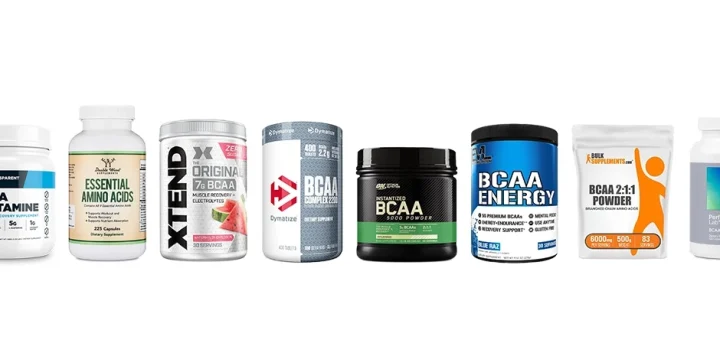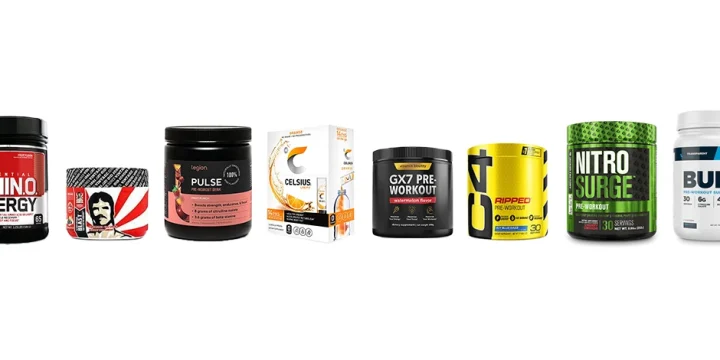BCAA vs. creatine. It has been a matter of confusion for many noobs trying their first steps into bodybuilding.
While vitamins, omega-3 fatty acids, and protein supplements are familiar in both name and function, these remain a bit of a mystery, even for us fitness coaches.
So, I’ve combed extensively through science-based research on BCAA and creatine to be there for my clients and dispel any doubts they may have about these supplements.
What are they, and what do they do? Here's what we found.
Quick Summary
- BCAAs are best for endurance exercises, while creatine is beneficial for exercises that involve muscle strength and energy boost.
- BCAAs prevent muscle breakdown and promote muscle growth and recovery, while creatine increases muscle strength, improves muscle health, and enhances cognitive function.
- Approximately one-third of skeletal muscle protein comprises the BCAAs leucine, isoleucine, and valine, highlighting their importance in muscle structure.
- I've found that using creatine in conjunction with BCAAs provides a noticeable boost in workout intensity and recovery.
BCAA vs Creatine: What’s the Difference?
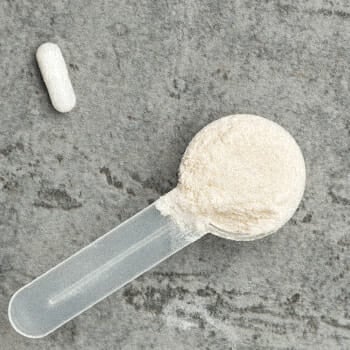
The main difference between creatine and BCAAs is in the benefits they provide. BCAAs are best for endurance exercises, while creatine is good for exercises that involve muscle strength since it boosts cellular energy.
Creatine is a non-protein derivative metabolized from amino acids glycine and arginine with little help from methionine.
BCAAs or branched-chain amino acids are three of the nine essential amino acids, and they are heavily involved in protein synthesis.
What Does BCAA Do?
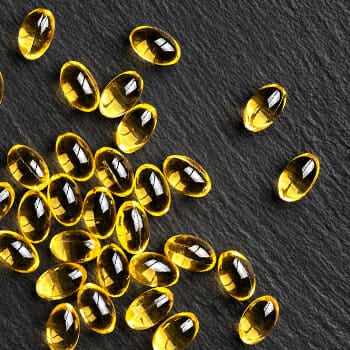
BCAAs prevent muscle loss, fuel exercise, and initiate muscle synthesis, primarily through L-leucine. They form a significant part of muscle protein and participate in various cellular functions.
Ensuring they’re always in the right place at the right time, these three essential amino acids comprise about one-third of skeletal muscle protein, which can easily convert into a fuel source.
BCAAs have numerous other roles in cell signaling, oxidation of fatty acids, the proliferation of lymphocytes, etc.
BCAA Benefits

Each BCAA has numerous benefits, but put together, this supplement can:
- Promote muscle growth, muscle protein synthesis, and muscle recovery after exercise
- Prevent the breakdown and fatigue of muscles, especially during long exercises
- Alleviate muscle soreness
- Help your body build lean muscle mass while losing fat
- Reduce muscle damage and promote muscle repair
Mixing BCAAs into my shake has become a ritual. It's not just about staying anabolic; it's about maximizing recovery. I've learned that pairing them with a complete protein like whey amplifies the effects, which I've benefited from in my journey to build lean muscle.
Whey protein has proven particularly effective in promoting muscle protein synthesis [1].
BCAA Side Effects
Workout supplements containing BCAAs are generally considered safe. Some people may experience headaches, nausea, or diarrhea.
What Does Creatine Do?

Creatine is a non-essential nutrient synthesized in the liver and kidneys. Its phosphorylated form, phosphocreatine or creatine phosphate, is an energy depot and assists in creating adenosine triphosphate or ATP.
ATP is the ultimate energy molecule used in spades during muscle contraction. For muscles, creatine is the power behind the throne.
I remember when I first added creatine to my regimen. The uptick in my lifting performance was noticeable. Knowing that my body synthesizes it and that it's stocking up energy for my muscles puts into perspective how creatine phosphate is a game-changer for ATP production during my workouts.
Creatine Benefits

I can talk at length about the good guy creatine and how indispensable it is for our body, but for the sake of brevity, here are but a few reasons why we should be grateful to this enthusiastic little helper, which:
- Increases muscle strength and exercise performance
- Improves muscle health
- Builds lean muscle
- Improves cognitive function and memory while reducing mental fatigue
To reap all the benefits from the above, we recommend you try one of the top creatine brands.
Creatine Side Effects
Studies show creatine doesn’t have side effects. Weight gain due to water retention and bloating can occur, but with no ill effects.
Of the many creatine supplements, the most popular one is creatine monohydrate, which has been tested left and right and is considered safe and gives the most benefits [2].
“Regular monitoring is compulsory to avoid any abnormal reactions during oral creatine supplementation.”
- J R Poortmans, Researcher at Free University of Brussels
If you're dealing with bloating, you can try buffered creatine (kre-alkalyn) or opt for one of the best creatine alternatives.
Should I Use BCAA Or Creatine?
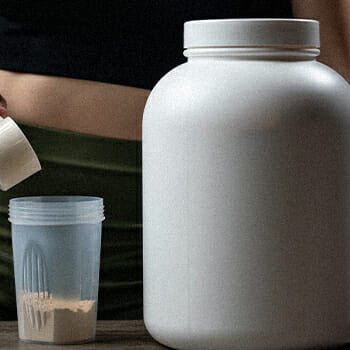
You should use both BCAA and creatine, depending on your fitness goals.
If you are into weight training for specific sports and want to stimulate further muscle growth and fat loss, take BCAA.
Your body will thank you. You can use these amino acids as supplements for any aerobic exercise. Take BCAA if you’re on a low-protein diet to supplement your lack of proteins.
Take creatine if you wish to gain strength, bulk up, and increase muscle mass or an endurance athlete accustomed to longer workout sessions.
Can I Combine Them?
Yes, BCAAs and creatine can be taken together for the combined benefits of protein synthesis and energy, enhancing both endurance and strength.
Taking BCAAs and creatine is like treating yourself to a burger and a Coke. One gives protein, the other energy. This combination will increase your endurance and give you extra power.
“BCAA and creatine can be taken together. But, they work differently. Consuming them together gives you both protein sources for new muscle synthesis and energy for your workout.”
- Anju Mobin, Nutritionist & Managing Editor of BestforNutrition
Combining BCAAs with creatine may enhance muscle synthesis and recovery. Leveraging their unique properties for optimal performance offers you:
- Complementary muscle support
- Accelerated recovery and muscle growth
- Long-lasting energy during workouts
FAQs
When Should I Take BCAA And When Creatine?
You should take BCAA before and during exercise to promote anabolic metabolism, i.e., protein synthesis.
Take creatine before a workout. This timing is especially effective if you’re doing HIIT.
Can I Take BCAAs And Creatine Every Day?
You can take BCAAs and creatine every day.
What Is The Recommended Daily Dosage For BCAA And Creatine?
The recommended daily dosage generally considered safe for healthy adults is 4g to 20g of BCAA and 5g of creatine.
For more information about proper creatine dosage, read our blog.
References:
- https://pubmed.ncbi.nlm.nih.gov/24257722/
- https://www.ncbi.nlm.nih.gov/pmc/articles/PMC2048496/
About The Author
You May Also Like
